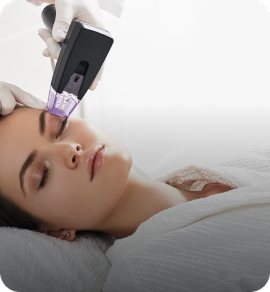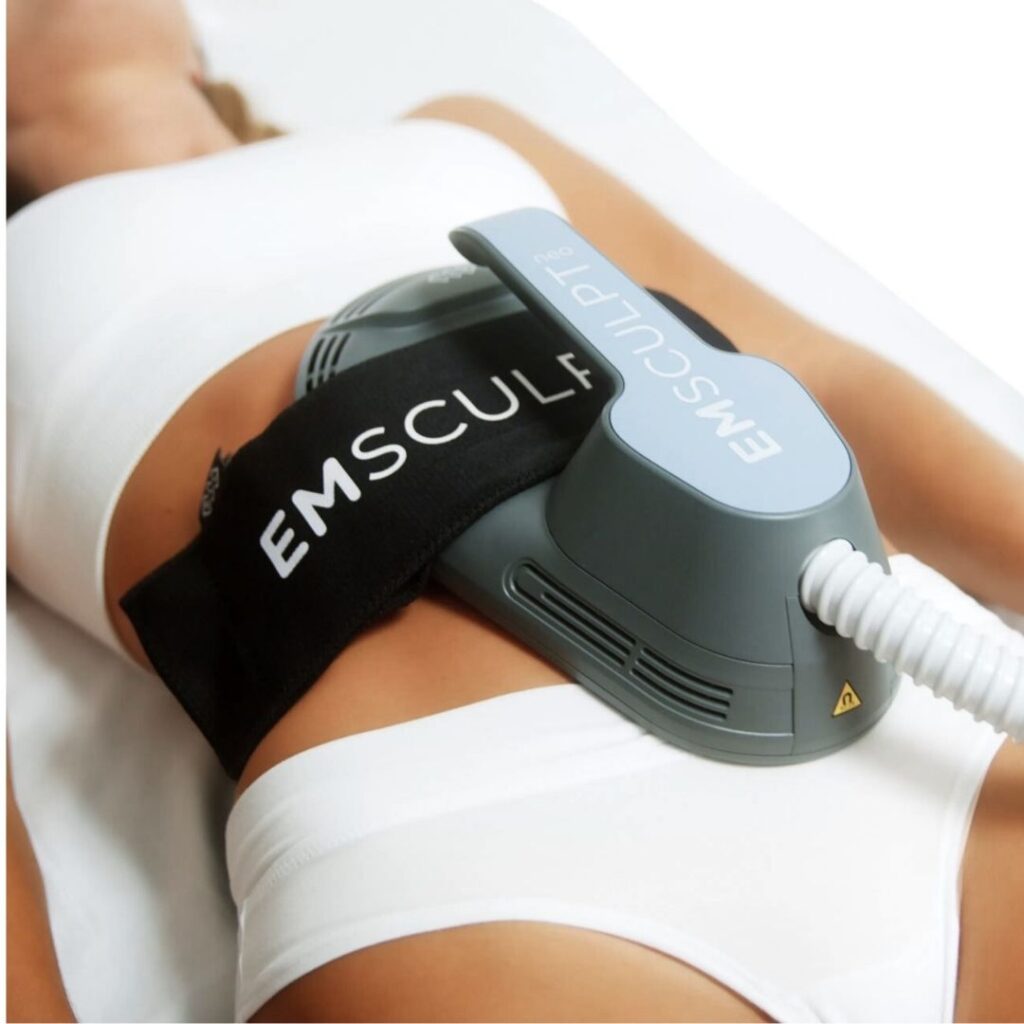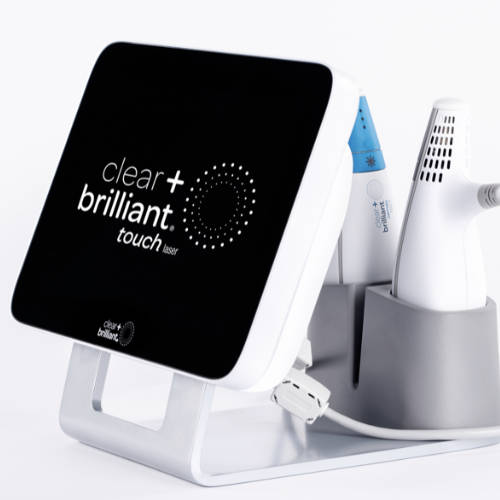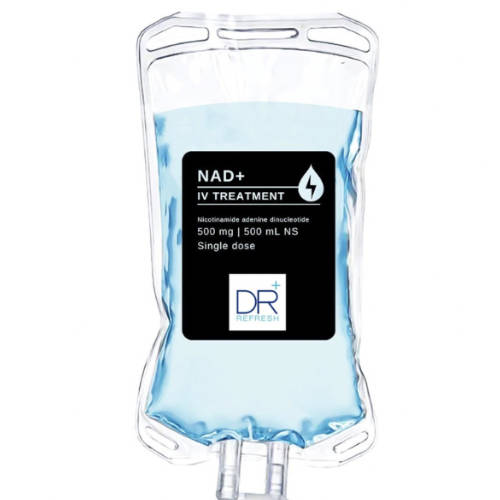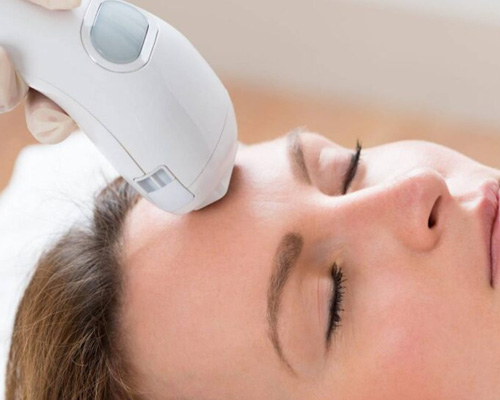What are common myths about skincare regimens?
Some common myths about skincare regimens include:
-
Myth: Expensive products are always better
- Expensive doesn’t always mean better results. Some affordable products may work just as well or better for your skin.
-
Myth: Natural ingredients are always safe
- While natural ingredients can have benefits, not all natural products are harmless. Always check for potential allergens or irritants.
-
Myth: More products mean better results
- Overloading your skin with too many products can actually do more harm than good. Stick to a simple, consistent routine.
-
Myth: Skincare is only for women
- Skincare is important for everyone, regardless of gender. Men can benefit from a good skincare routine too.
Remember, it’s essential to do your research and consult with a skincare professional to debunk these myths and achieve your best skin.

Why is it important to debunk skincare myths?
Debunking skincare myths is crucial because misinformation can lead to people using ineffective or even harmful products or techniques. By uncovering the truth, we can help people make informed decisions about their skincare routines and promote healthier, more effective practices. Myths about skincare can also create unnecessary stress and frustration for people trying to improve their skin, so clearing up these misconceptions can lead to better outcomes and greater satisfaction with skincare regimens.
Myth: Expensive products are always better
Expensive skincare products don’t always guarantee better results. In fact, according to skincare experts, the effectiveness of a product depends on its ingredients and formulation, rather than its price tag. Some affordable products may contain similar, if not better, ingredients compared to their expensive counterparts. It’s essential to focus on the specific needs of your skin and choose products that suit your skin type, rather than being swayed by the price. Always conduct thorough research and read ingredient labels to make informed decisions about your skincare purchases.
Myth: Natural ingredients are always safe
Natural ingredients are not always safe for your skin. Many people assume that natural products are free of harmful chemicals, but some natural ingredients can actually cause allergic reactions or irritation. For example, essential oils like lavender and citrus can cause photosensitivity, making your skin more sensitive to the sun. Additionally, some natural ingredients may not have been extensively studied for their effects on the skin. Always do a patch test before using a new natural product, and consult with a dermatologist if you have any concerns about potential skin reactions.
Myth: More products mean better results
Using multiple skincare products does not necessarily guarantee better results. In fact, layering too many products can overwhelm the skin and lead to irritation and breakouts. It’s more important to choose the right products for your specific skin concerns and use them consistently. Quality over quantity is key when it comes to skincare.
Myth: Skincare works overnight
No, skincare doesn’t work overnight. Building a skincare routine takes time and consistency. You won’t see immediate results, but with regular use of appropriate products, you can achieve healthier and better-looking skin in the long run. Remember, patience is key when it comes to skincare.
How to separate fact from fiction with skincare regimens
In the world of skincare, it can be challenging to separate fact from fiction when it comes to skincare regimens. Here are a few tips to help you navigate the myths and truths of skincare regimens:
- Look for reputable sources of information, such as dermatologists, estheticians, or scientific studies, to ensure you are getting accurate information.
- Be wary of skincare fads and trends that promise quick fixes or miraculous results. Instead, focus on consistent, evidence-based practices.
- Understand that everyone’s skin is unique, so what works for one person may not work for another. Experiment with different products and routines to find what works best for you.
- Be patient and realistic with your expectations. Skincare takes time and consistency to see results, so avoid falling for grandiose claims of overnight transformation.
By staying informed and critical of skincare information, you can separate fact from fiction and build a regimen that truly works for your skin.
The significance of understanding your skin type
Understanding your skin type is crucial to developing an effective skincare routine. It allows you to choose the right products and treatments that cater to your skin’s specific needs, leading to healthier and more radiant skin. Additionally, identifying your skin type helps you avoid using products that may cause adverse reactions or exacerbate existing skin issues. Knowing whether you have oily, dry, combination, or sensitive skin will guide you in selecting the appropriate cleansers, moisturizers, and treatments for your daily skincare regimen.
Creating an effective and personalized skincare regimen
To create an effective and personalized skincare regimen, it’s essential to debunk common myths and focus on what works best for your skin. Here are a few tips to consider:
-
Understand your skin type: Knowing whether you have dry, oily, combination, or sensitive skin will help you choose the right products and treatments.
-
Consistency is key: It’s important to stick to a daily routine and give your skin time to adapt to new products.
-
Sun protection: Don’t underestimate the power of sunscreen. Protecting your skin from harmful UV rays is crucial for maintaining its health and youthful appearance.
-
Consult a professional: If you’re unsure about which products or treatments are suitable for your skin, seek advice from a dermatologist or skincare specialist.
Conclusion: benefits of proper skincare and debunking myths
Proper skincare offers many benefits, including healthier and more radiant skin. By debunking common myths about skincare, we can make informed choices about our skincare routine. Consistent skincare helps maintain the skin’s health and appearance, reducing the signs of aging, preventing breakouts, and protecting against environmental damage. It’s essential to separate fact from fiction when it comes to skincare, as this will lead to more effective and beneficial skincare practices.




